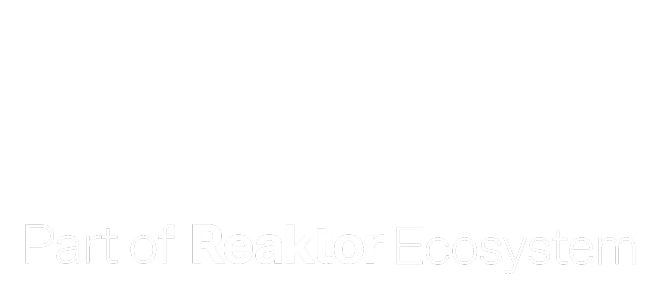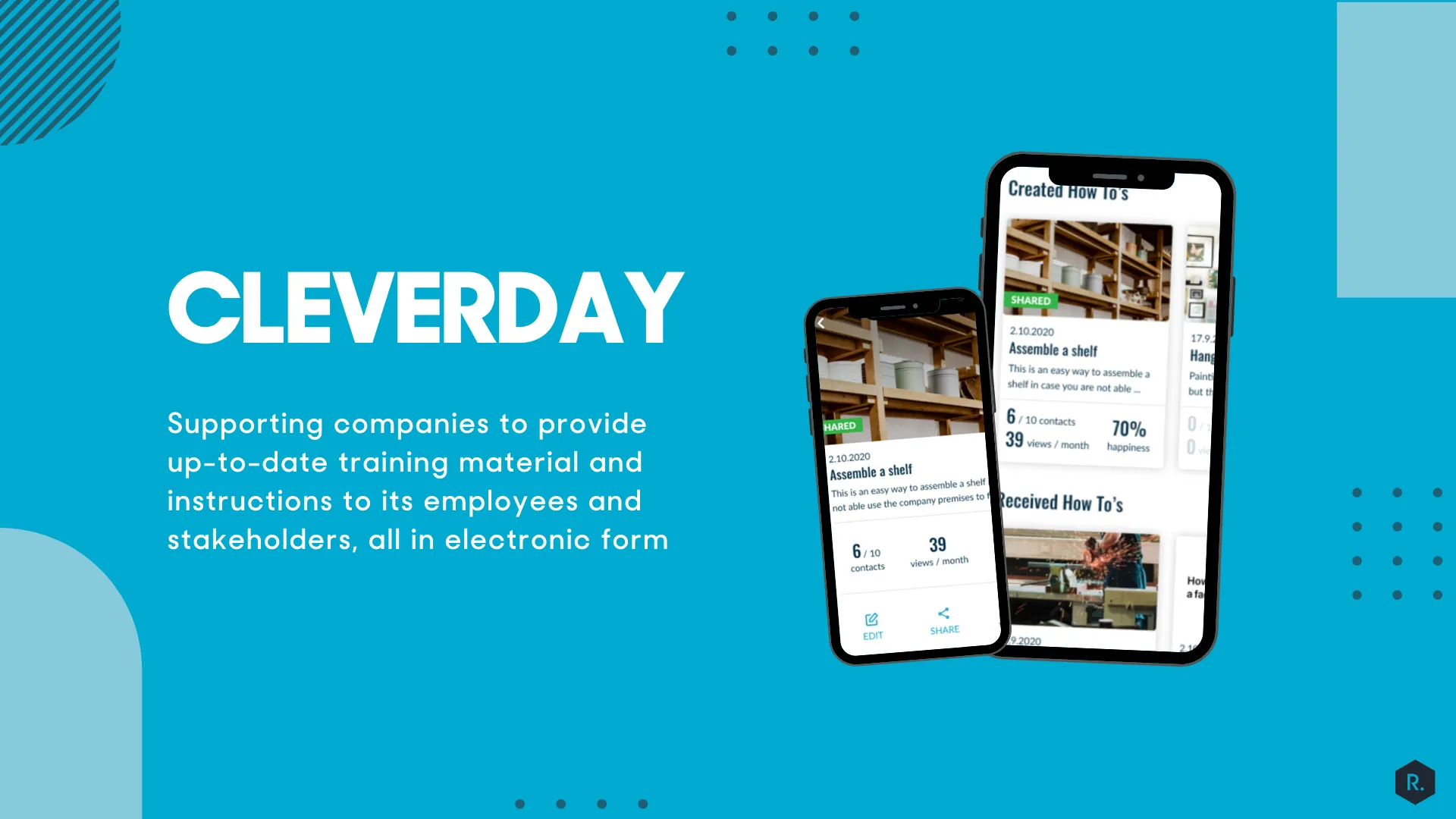Digital Merchant Solutions
Digital Merchant Solutions.

Stack
AWS, NodeJS
AWS
A popular cloud computing service from Amazon for growth companies and big coporations.
NodeJS
A general-purpose framework to run server applications written in Javascript / Typescript.
Background
PaddyLabs, established in 2022, is a fusion of expertise from the mobile and digital payment sectors, rapidly growing to serve markets in the USA, Canada, Spain, UK, and Italy.
The company’s main goal is to change the way people interact online. PaddyLabs offer custom, flexible services that help businesses handle the online world with confidence and creativity. More information: https://paddylabs.ie/
“Since partnering with Tekai in 2022, we have experienced a remarkable transformation in our payment system’s infrastructure. With their expertise, we’ve established a robust foundation capable of managing significant traffic volumes. The Tekai team has consistently prioritized our business objectives, dedicating themselves to the development of a stable and reliable IT system. This dedication has allowed us to divert our focus to other critical aspects of our business. Working with their lead developer has been a particularly enjoyable and fruitful experience, thanks to his deep understanding of our needs. The collaboration with him and the rest of the Tekai developers on the project has been immensely beneficial”
Richard Keeley – PaddyLabs Ltd
Project Highlights
The project consists mainly of a fleet of different microservices, constructing and managing numerous REST APIs, background workers as well as taking advantage of multiple supporting services from AWS cloud, including but not limited to database, messaging system, domain management. The system resides behind a complicated ecosystem that presents and advertises different services’ subscription offers, as well as handles all payments, customer profiles and integration with a subscription third party service.
The team at Tekai has worked with our partner client since the beginning, incubated and hatched the first viable product as early as 2022, and has since:
- Making various improvements and modernisation of the operational services, to work faster, cheaper and more suitably helps our client with their front business
- Creating a data pipeline that stores, transforms and presents all types of metrics that allow our client to start their own business analysis. The data analytics part has later on split more independently out of the main operational microservices to ensure better performance and separation of functions, but still getting the support from the microservices side.
Enable even features that boosts business excellency as well as better comply with different regulations as well as preparing for exciting new features such as:
- Full-fledged CRM dashboard to manage all business configuration and other aspects of daily operations
The Challenge
Because the team at Tekai has had one of the better advantages of deciding the technology since the very beginning, our microservices have not been met with obsoletion or limitation of most older frameworks. However there hasn’t been without challenge:
While scaling has always been an essential part when considering different technical design, there have been times where the impact of increasing traffic and demands couldn’t be foreseen, led to one or more downtimes of the system
Business intelligence is one of the most important, if not the most important aspect from our client perspective. Thus, there has been increasingly more demanding metrics and data requested, and many times the intensity of data load affected the operational side
While efforts are always spent to maintain and keep our services up-to-date, one of our third party services’ integrations which take care of important functions such as payments and subscriptions are not receiving the level of frequent refresh and polishing we expect, on top of the lack of concise and accessible documentation.
Solutions
We have continued to reevaluate and improve our microservices alongside with developing new features or interfaces offered. While the main technology stayed the same, different techniques have been applied throughout the development to provide even better performance and cost effectiveness, for example the separation of data analytics layer, or using different native cloud services to provide fast, reliable and in flexible scale such as read replica for database, batching using queues and messaging, asynchronous execution etc.
The team at Tekai tries their best to keep a consistent release schedule, where planning is scoped and features are delivered every 2 weeks.




